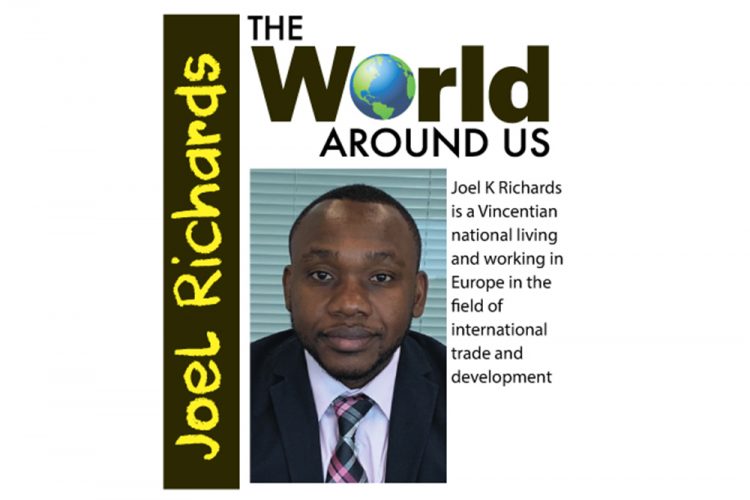Are we at the end of history again?

In February 1989, the American political scientist Francis Fukuyama gave a talk on International Relations at the University of Chicago. Fukuyama’s talk came in the aftermath of a declaration by Mikhail Gorbachev, then President of the Soviet Union, that the bloc would no longer intervene in the affairs of its Eastern European satellite states, paving the way for those nations to become democratic. This marked the beginning of the end of the Cold War. Fukuyama argued that with the imminent collapse of the Soviet Union, the final ideological alternative to the liberal international order had been jettisoned. Even in so-called communist states like China, political and economic reforms at the time were already heading in the direction of a liberal order. Considering these developments, Fukuyama boldly proclaimed that we had reached “the end of history” which saw the triumph of liberalism, that is, representative government, liberal institutions, free markets and consumerist culture as “the common ideological heritage of mankind”.
Fukuyama’s argument was widely debated, and many concluded that he was premature in his proclamation. In the years since the collapse of the Soviet Union, liberalism has had many discontents including concerns about inequality within and between countries, capitalist greed, and low levels of development among some countries in the global South. Amid the current novel coronavirus (COVID-19) pandemic, “history” is facing another reckoning as this crisis is exposing further cracks in the liberal international order leading some to wonder whether the global order is being reshaped, and whether there is a danger of social and economic collapse.
Writing in the March/April 2020 issue of Foreign Affairs, Kurt Campbell and Rush Doshi contend that the long-term geopolitical implications of the COVID-19 pandemic could see America’s reign as a global power laid bare, if the United Sates (US) fails to rise to meet the moment. Campbell and Doshi note the status of the US as a global leader has been built on the legitimacy of its domestic governance, provision of public goods, and ability and willingness to muster and coordinate a global response to crises. They contend that COVID-19 is testing each of these elements of US leadership, a test which they argue the US is failing. However, as the US falters, China seems to be positioning itself to fill the vacuum of what appears to be an America that is retreating from the frontlines of global leadership. As with all things, time will reveal what happens in the end.
In another section of the March/April 2020 issue of Foreign Affairs, Branko Milanovic writes that the real pandemic danger is social collapse. As the global economy seems to be coming apart, so too do societies. Branko argues that the world could be witnessing a fundamental shift in the very nature of the global economy as supplies fall because companies are closing down or reducing their workloads, while there is a concomitant decrease in demand since millions of people are locked in, and many of the goods and services which they consume are no longer available.
The reckoning facing the world will determine the future of the liberal international order. On one hand, the world has the option of eschewing liberal economics in favour of self-sufficient economies. A turn in this direction, if it does not kill globalisation itself, will recalibrate the global village that we have grown accustomed to.
Alternatively, when the pandemic is over, we can return to the norm of hyper-consumerism, profiteering and greed.
However, there is also a third way. World leaders and multinational corporations have the option of forging a global compact which offers protection to the jobless, the sick and the economically disenfranchised to avert a total breakdown in the social fabric of society.
Finally, my hope is that we are at the end of history again. However, this time, rather than the triumph of an economic model, I hope that it is the triumph of a model that places humanity above all else. Let us make humanity the common and enduring heritage of this age.









